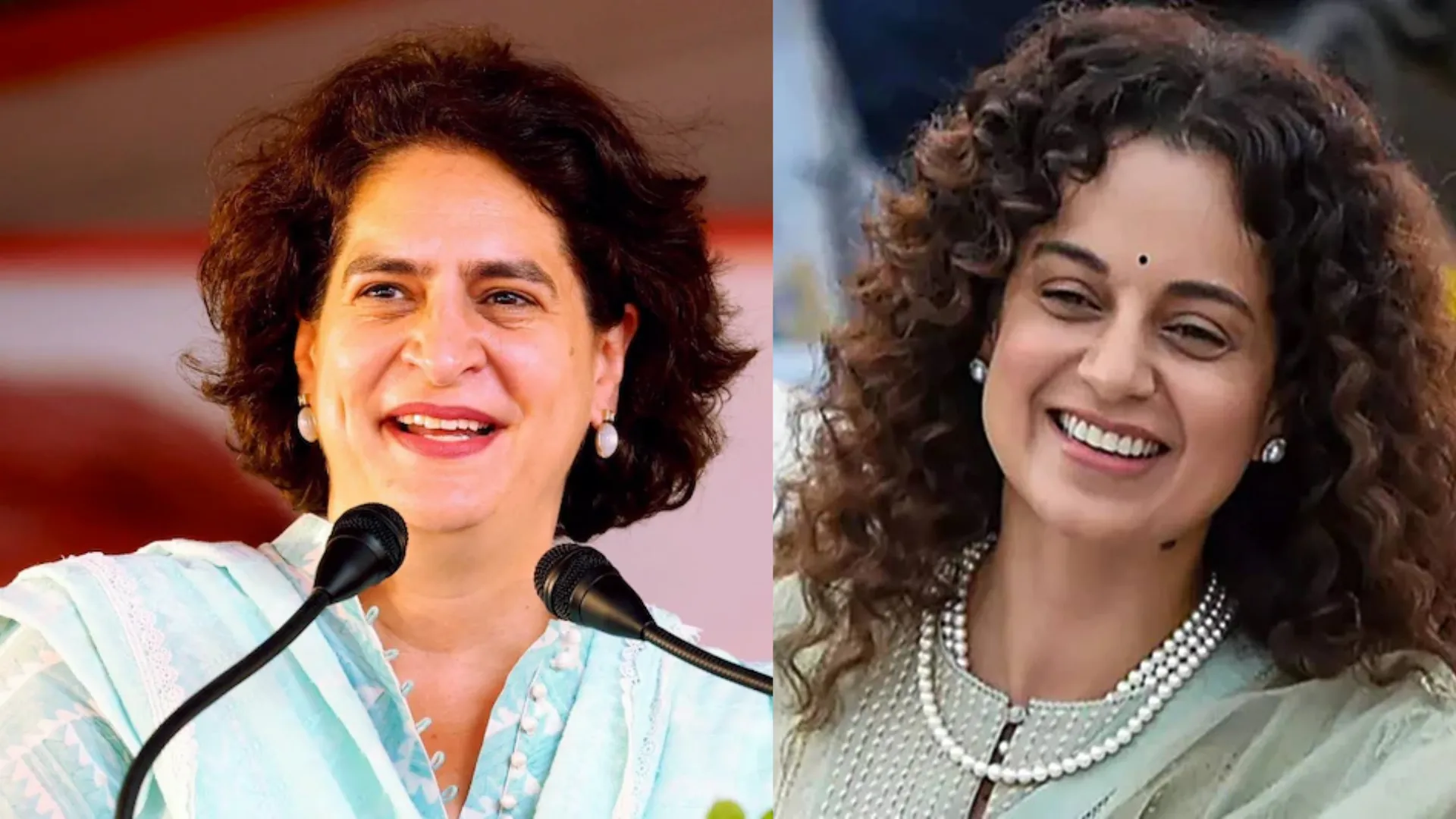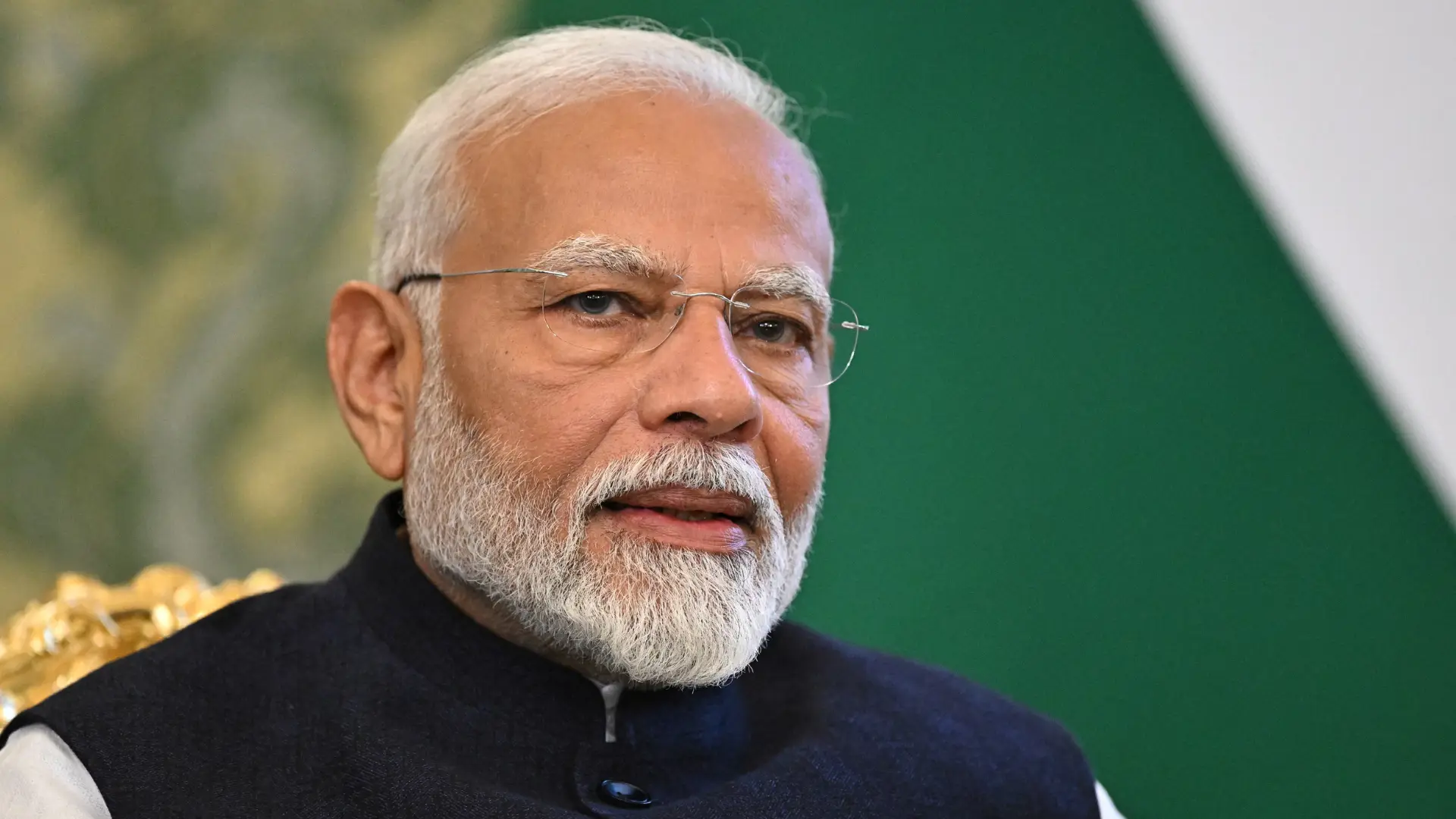The West Bengal government’s appeal to the Supreme Court regarding the inclusion of 77 communities, predominantly Muslims, on the Other Backward Classes (OBC) list for reservations in jobs and educational admissions, has raised significant questions about social equity and constitutional compliance. Here’s a detailed breakdown of the issue and its potential impact.
In May 2023, the Calcutta High Court struck down the inclusion of 77 communities in the OBC list, citing that their classification was based on religious grounds for political gains. The court asserted that such reservations could undermine democratic principles and constitutional values, leaving these communities at the mercy of political establishments. The ruling also invalidated caste certificates issued since 2010.
West Bengal Government’s Appeal
The state government filed an appeal against the High Court’s decision, emphasizing that:
- These communities are included in the central OBC list and in neighboring states.
- The invalidation of caste certificates has disrupted the admissions process for students and posed challenges to individuals who relied on these certificates for jobs and other benefits.
- The appeal sought interim relief to ensure that students and job applicants from the affected communities do not face undue hardship.
In August 2023, the Supreme Court issued a notice on the appeal, granting the state time to present the basis for extending reservations to these communities.
Senior advocate Kapil Sibal, representing the state, argued that the delay in resolving the issue has held up admissions for students from these communities, necessitating interim directions.
- Identifying communities as OBCs solely for electoral gains could distort the constitutional intent behind reservations.
- Such actions risk denying rights to genuinely backward classes and compromise the integrity of democracy.
Reservation Policy in West Bengal
West Bengal currently provides 17% reservation to OBCs in educational admissions and government jobs. The inclusion of the 77 communities was expected to increase the representation of historically disadvantaged groups. However, critics argue that this inclusion diluted the purpose of the reservation system by prioritizing political considerations over genuine social and economic disadvantage.
The petitioners who initially challenged the inclusion in the High Court have opposed the state’s appeal. They argue that the inclusion lacked a robust socio-economic basis and was driven by political motives, undermining the spirit of affirmative action.
Implications of the Supreme Court Decision
The Supreme Court’s ruling on this appeal will have far-reaching consequences, including:
- Impact on Reservation Policy: A decision favoring the state could set a precedent for other states to justify similar inclusions, while an adverse ruling may call for stricter criteria in identifying OBCs.
- Educational and Employment Outcomes: A timely resolution is crucial to ensuring that students and job seekers from these communities are not unfairly disadvantaged.
- Democratic and Constitutional Principles: The case highlights the need to balance social justice with constitutional integrity, ensuring that reservations serve their intended purpose.

















